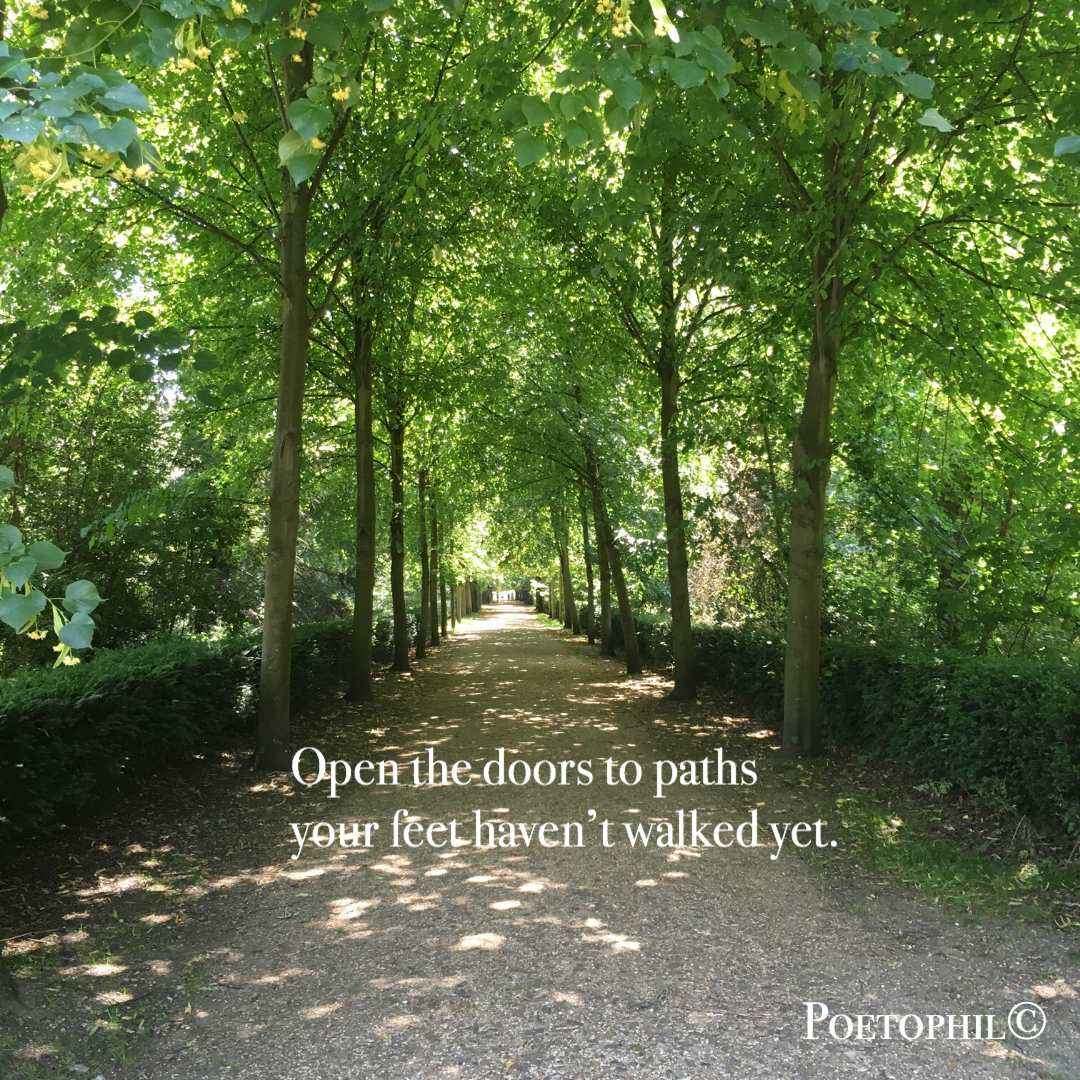
Elephant’s Continually-updating Coronavirus Diary. ~ Waylon
~
“It isn’t what happens to us that causes us to suffer; it’s what we say to ourselves about what happens.” ~ Pema Chödrön
~
Loss is a private experience.
So are grief and pain. Similarly, suffering is uniquely personal.
And that’s why I believe it is not easy for one person dealing with grief to help another person dealing with a different grief. The same goes for people who’ve recovered wanting to help those who have experienced a loss.
Loss is not just the loss of a person or pet. It can be financial or work-related. It can be the loss of our own self after a traumatic incident. I came across many different losses in a period of a few months—I was grieving the loss of a friend, and at the same time my best friend was grieving the loss of her angel children.
If you are going through anything similar, maybe some of the things that have helped me understand healing differently, especially during this quarantine period, may help you as well or at least point you in a healthier direction.
Understand what healing really means to you.
Just like how pain, loss, grief, and suffering are different for each of us, healing is also unique. It is connected to our soul or spirit. It is not just our physical or mental health that is important, it is also our soul that needs a lot of time to gain the strength that it lost.
Let me give you an example: as Pema Chödrön says, suffering comes from what we tell ourselves or how we perceive what has happened. And that determines how we choose to heal. So tell yourself not what you want to hear, but what your present self needs to hear to build a better future. Ask yourself this question: What am I looking for? Because this will help you understand your healing better.
Remember that no one is an expert in healing.
Healing is not linear. So, just like how you trip, fall, hurt yourself, and learn from your mistakes, approach healing the same way. You are bound to make mistakes, that is the magic of it—you are trying to find yourself in the process. There is no right or wrong, good or bad. But, there is one important thing: what you need.
Don’t beat yourself up with thoughts like, “Am I really healing? Can I heal at all or will I just have to accept the truth and live with it? Why is she or he not understanding me? Nobody can help me.” Going to therapy or seeking medical help can be useful and may be the intervention we need; it’s also important to understand that these people are there to guide you through it, not to find the solution. This can be hard to hear, but it is true. Trust yourself and have faith, but know that it’s okay to ask for help if it gets to be too much.
Take it really slow.
The tendency during healing is to try and do a lot of things to keep your mind occupied or distracted. Most therapists will tell you this, and also tell you that you need to take it slow to get a hold of yourself, to realize what has happened, and to find yourself in the process.
So many of us need to go back to work, or decide to take this time to learn something new or move around a lot. I made that mistake—I enrolled at a gym and tried getting back to my fitness routine, but it was too soon. Just like how there are external triggers that set us off on a venting path, there are internal triggers, too. I realised during my yoga and workout sessions that any activity that involved bending was causing me to cry a lot. My research led me to the fact that pain is often lodged in the area of the cervix (regardless of gender) and it triggers chemicals in our brain that cause us to vent. Physical activities that trigger emotions are actually good, but there is a time and place for them. Start slowly, and remember that when your body has been drained due to a lack of certain chemicals or nutrients, you can’t be expected to also take up vigorous physical activity.
Similarly, there is a time to take up new hobbies or do things we love, that give us joy. Be conscious of your surroundings and your present self. Take healing one step at a time. What you choose to do will impact your life, but also the lives of those who depend on or look up to you, including your aging parents, children, spouse, sibling, or a guardian or friend. So take it slow; you don’t have to push hard or fight against time. The journey and destination is your well-being. Aim to get back on your feet—even if it means you start with just crawling like a toddler, grabbing things to get balance while trying to stand up, or wobbling and falling when you finally do get up to walk.
Adopt plants.
This has changed my world. I’ve heard many people share their experiences of loss and grief, especially when they are suffering from terminal illnesses, and how plants changed their lives. The same happened for me. I became a plant parent, and there has been no greater joy and satisfaction. Plants humble us and help us look at life differently. One of the reasons is that when we care for them, talk to them, and see them reciprocating, it gives us perspective. And truth be told, if your plants are healthy and happy, it may just indicate that you are taking care of yourself, too.
Linger in the good and not in the recurring impact of grieving.
The truth is nothing can replace what or who you lost. And nobody is asking you to.
Anxiety, depression, paranoia, self-blame, blaming everyone around you, suicidal thoughts, self-destruction, low self-esteem, low self-confidence, anger, frustration, and other difficult emotions will try to drag you back to the same state. That doesn’t mean that you shouldn’t accept that you are going through all these feelings. Accept where you are, but try not to linger for too long. See the good in the present.
Find the good in social distancing.
Yes, getting ourselves out there again is important. However, social distancing is more of a boon than a bane when we are healing. Look at it this way—if you were to push yourself to find new people to talk to, or connect with people you were not in touch with, or build a new connection before you had reconnected with yourself, would that be healthy?
Yes, you may need to do that at some point, but this quarantine period (although better when it is self-imposed) could be the best period for you to find yourself first. I believe that healing is best done in silence, and anyone who is dealing with loss should opt in to a self-quarantine period. In any healing process, you need to take a break from your normal world—physically or digitally—to find some peace of mind. But there will be a time when you will be open and ready to be social again.
Vent and vent hard.
Let it all out. Do it in silence, in your own space, in your own time. You don’t need anybody to hold you other than your own self. Cry, scream, and let the toxins out, but know you don’t have to stay in that state. Let your body, mind, and soul feel the pressure ease. I am confident you will find a way to channel it into something that helps you see the good in both you and your life.
Understand what really happens when you are in the fight-or-flight state.
I am not an expert in what happens to our hormones when we are coping with loss and healing, but I have experienced the difference in my own behaviour and reactions.
Identify what is working and what is not working for you. As a personal example, I found that anything that became a routine was causing more anxiety and therefore I had to mix up my routine to tackle that. Maintain a journal, calendar, or chart—without pushing yourself—and see how you progress.
Lastly, give your caretakers a break. They are human too!
They are called “caretakers” for a reason. They care! And while we are grieving or healing, they are going through it with us. So be sensitive to that, because loss does not mean we should lose our basic instincts of being human.
There is nothing more joyful than looking at yourself in the mirror and smiling, knowing you have conquered one more day. Know that you are loved and you are enough. There are people who don’t even know that they need to heal or don’t have the privilege to go through the healing process, so be kind, be thankful, and embrace yourself completely.
~










Read 0 comments and reply